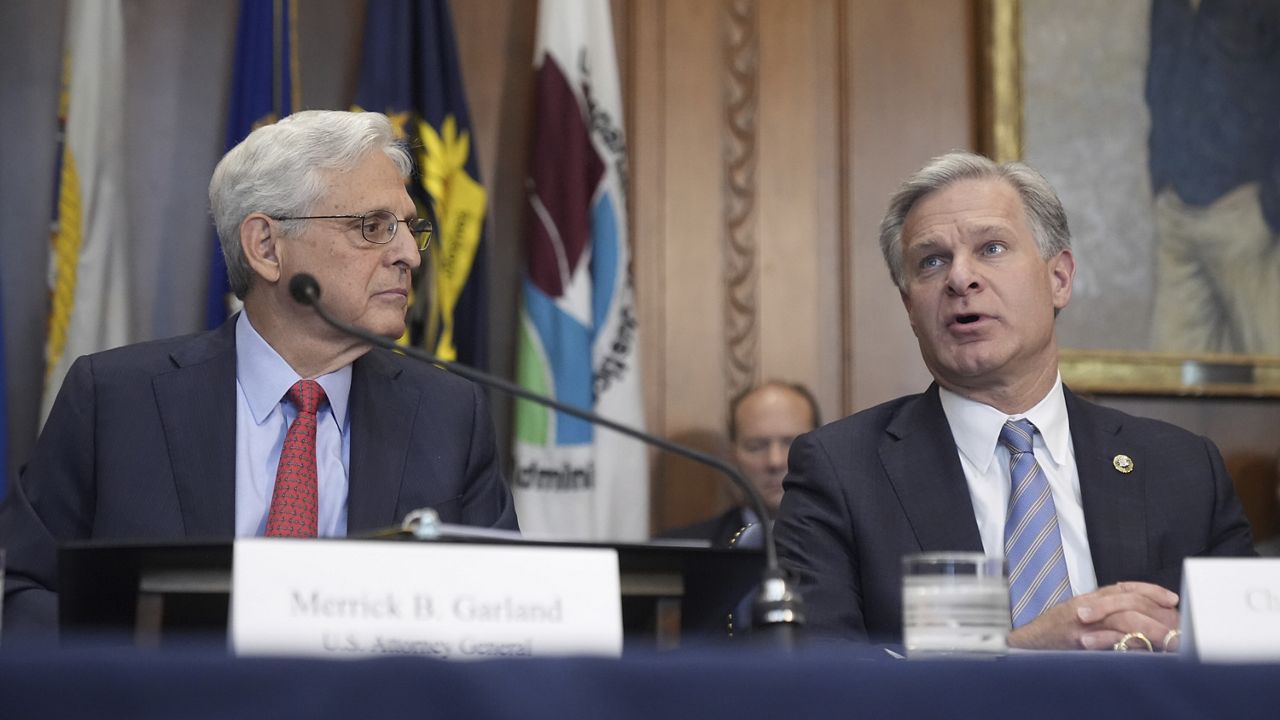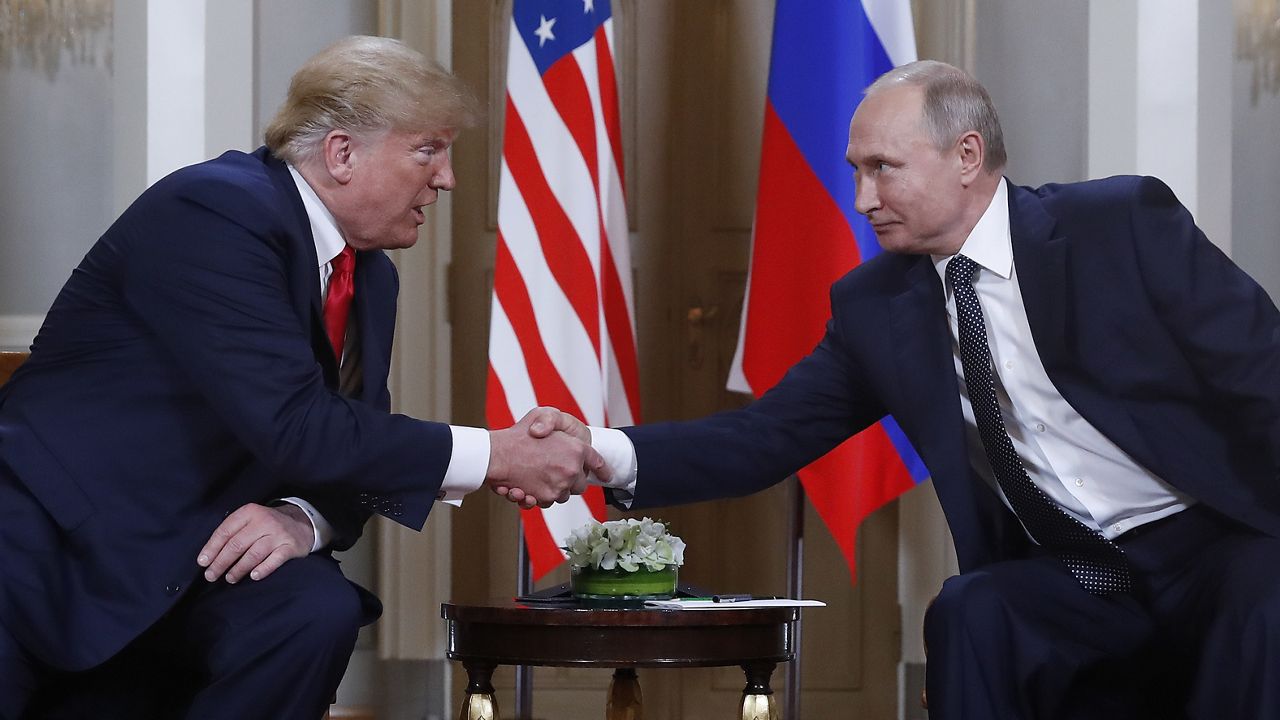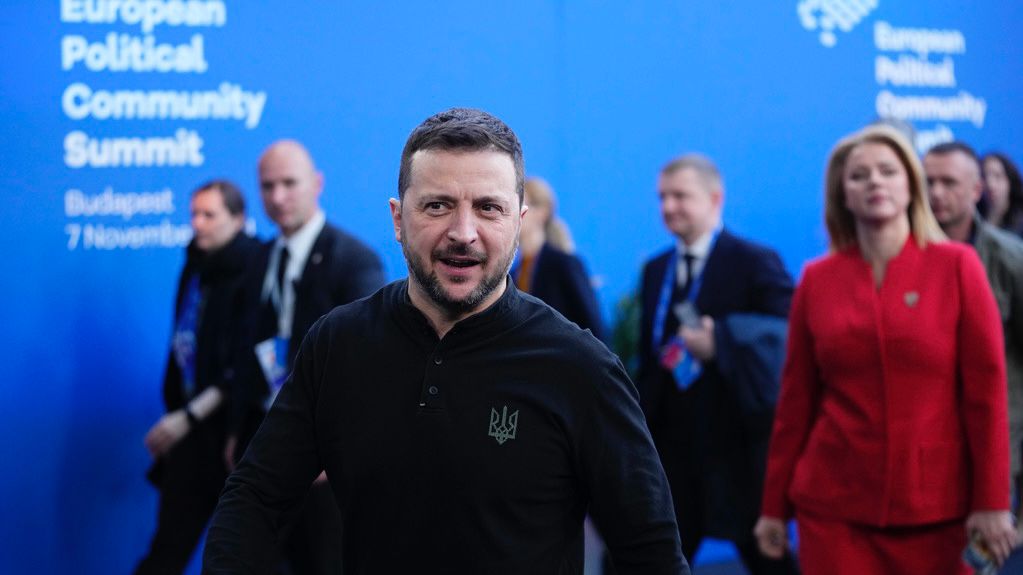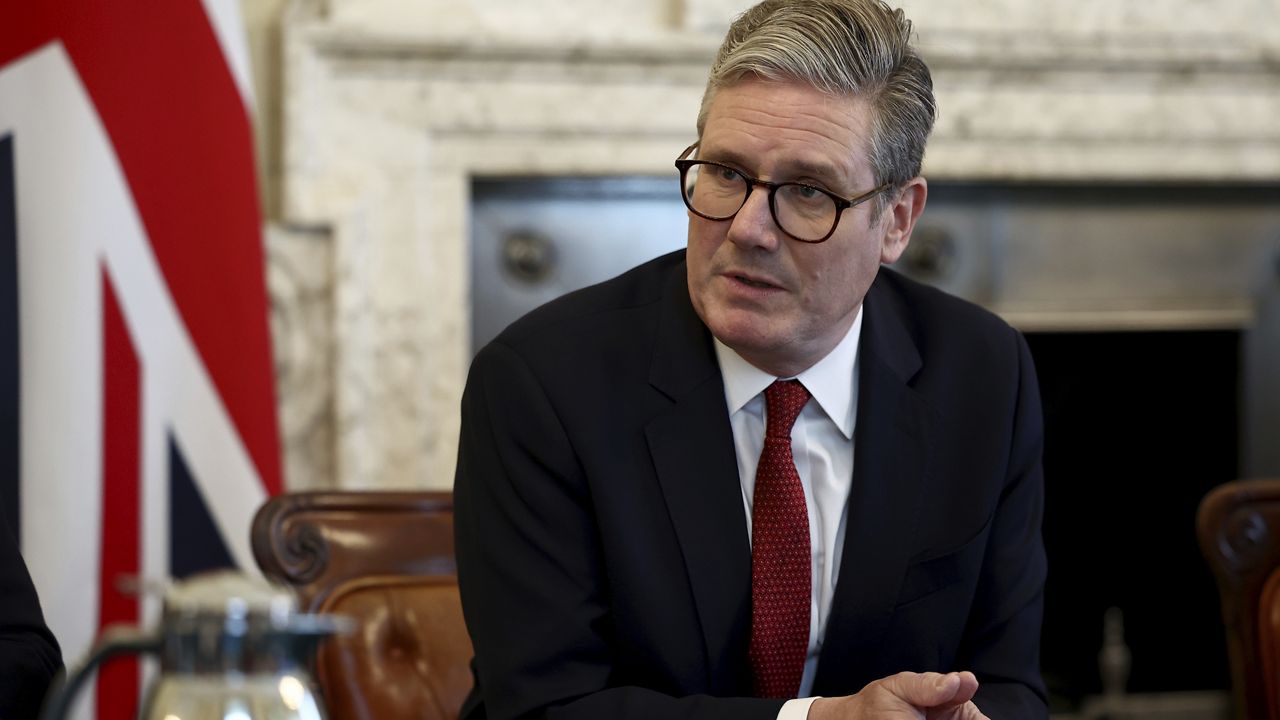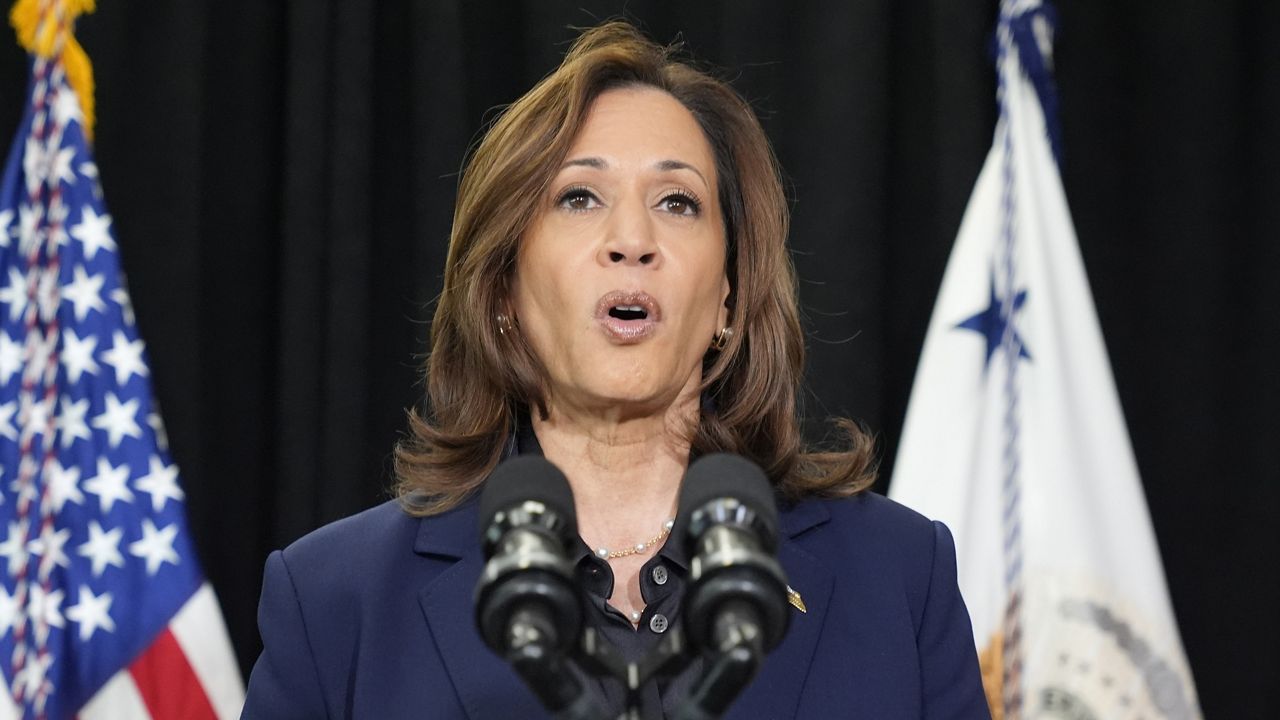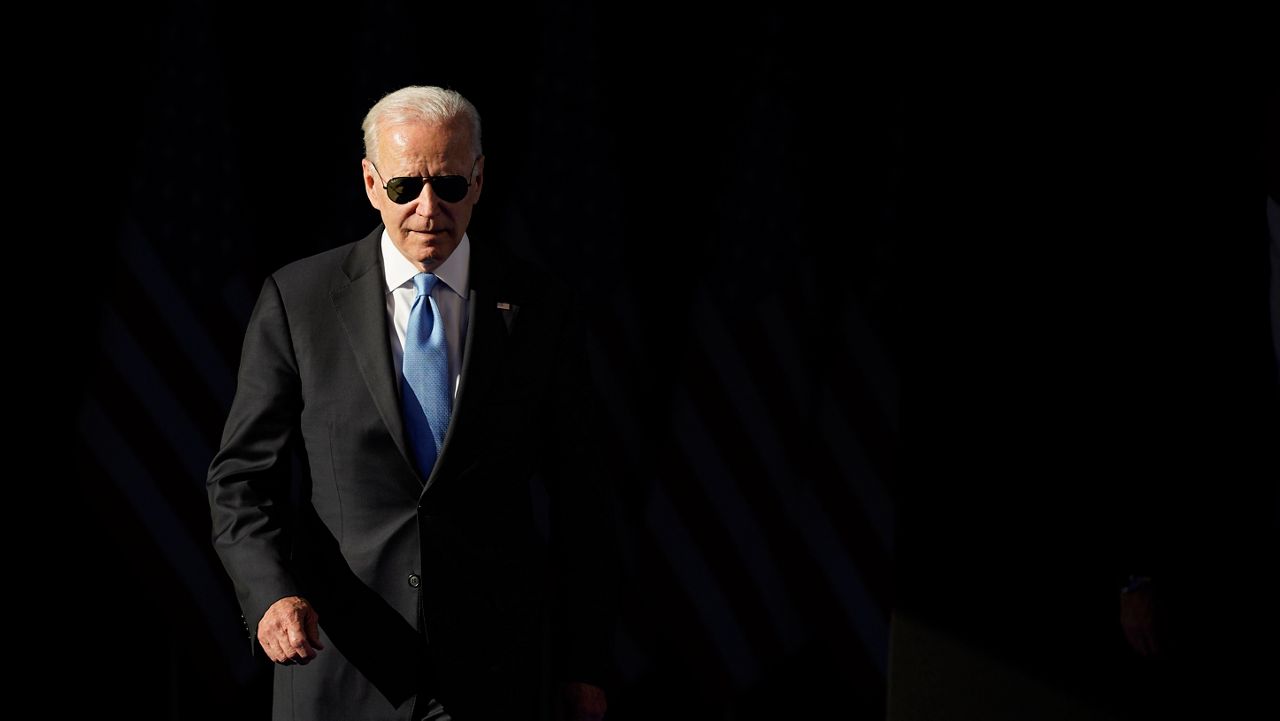The Biden administration accused Russia on Wednesday of a far-reaching effort to influence the U.S. presidential election, including by promoting disinformation and enlisting unwitting American influencers to spread propaganda on Russian state media.
The actions taken by the U.S. government include sanctions against leaders of RT, a state media organization that was forced by the Justice Department to register as a foreign agent, as well as visa restrictions.
Intelligence agencies have previously charged that Russia was using disinformation to try to interfere in the election. But the announcement from Attorney General Merrick Garland is expected to show the depth of U.S. concerns and signal legal actions against those suspected of being involved.
"This morning, we unsealed an indictment in the Southern District of New York of Konstantin Kalashnikov and Elena Afanasyeva, two Russian-based employees of RT, a Russian state-controlled media outlet," Garland said at a news conference. "They are charged with conspiring to commit money laundering and to violate the Foreign Agents Registration Act."
That nearly century-old law, he said, was passed to make sure that Americans know when a foreign power attempts to enter into public discourse or engage in U.S. political activities.
"The American people are entitled to know when a foreign power is attempting to exploit our country's free exchange of ideas in order to send around its own propaganda," Garland added. "That is what we allege happened in this case."
In a statement, Treasury Secretary Janet Yellen announced sanctions against 10 individuals and two entities involved with the alleged influence campaign.
“Today’s action underscores the U.S. government’s ongoing efforts to hold state-sponsored actors accountable for activities that aim to deteriorate public trust in our institutions,” Yellen said. “Treasury will not waver in our commitment to safeguarding our democratic principles and the integrity of our election systems.”
In a speech last month, Deputy Attorney General Lisa Monaco said Russia was the primary threat to the election, even as Iran raised alarm this summer for a hack of Donald Trump's campaign and an attempted breach of the then-Joe Biden-Kamala Harris campaign.
Russian President Vladimir Putin and "his proxies are using increasingly sophisticated techniques in their interference operations. They're targeting specific voter demographics and swing-state voters to in an effort to manipulate presidential and congressional election outcomes," she said. "They're intent on co-opting unwitting Americans on social media to push narratives advancing Russian interests."
Much of the concern around Russia centers on cyberattacks and disinformation campaigns designed to influence the November vote. The tactics include using state media like RT to advance anti-U.S. messages and content, as well as networks of fake websites and social media accounts that amplify the claims and inject them into American's online conversations. Typically, these networks seize on polarizing political topics such as immigration, crime or the war in Gaza.
In many cases, Americans may have no idea that the content they see online either originated or was amplified by the Kremlin.
"Russia is taking a whole of government approach to influence the election including the presidential race," an official from the Office of the Director of National Intelligence said this summer during a briefing. The official spoke on condition of anonymity under rules worked out with that office.
Groups linked to the Kremlin are increasingly hiring marketing and communications firms within Russia to outsource some of the work of creating digital propaganda while also covering their tracks, the officials said during the briefing with reporters.
Two such firms were the subject of new U.S. sanctions announced in March. Authorities say the two Russian companies created fake websites and social media profiles to spread Kremlin disinformation.
The ultimate goal, however, is to get Americans to spread Russian disinformation without questioning its origin. People are far more likely to trust and repost information that they believe is coming from a domestic source, officials said. Fake websites designed to mimic U.S. news outlets and AI-generated social media profiles are just two methods.
Messages left with the Russian Embassy were not immediately returned.




